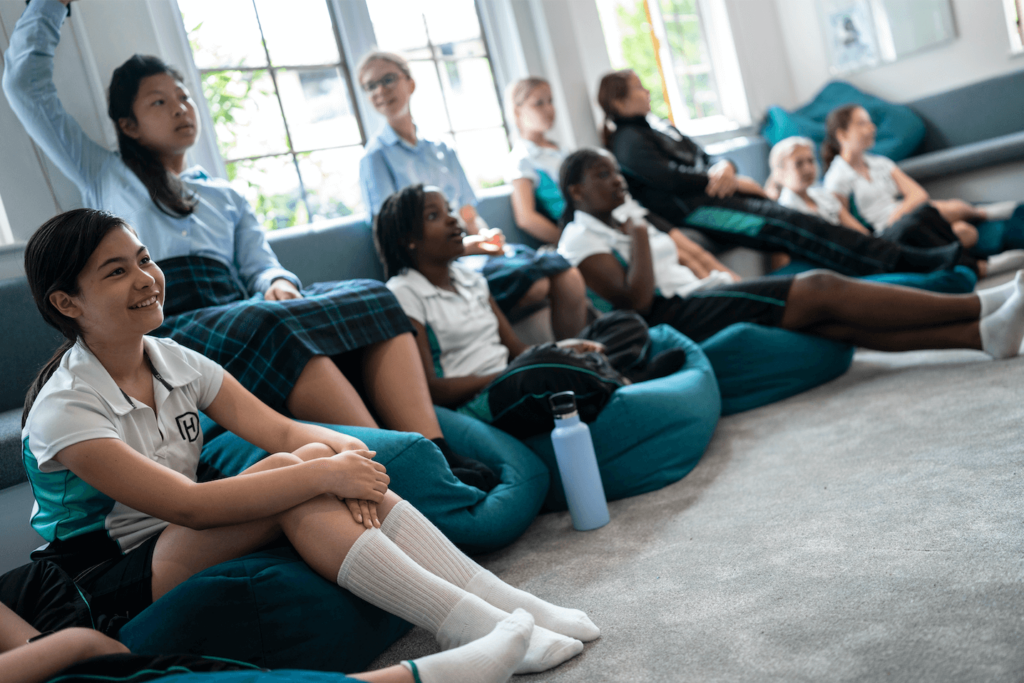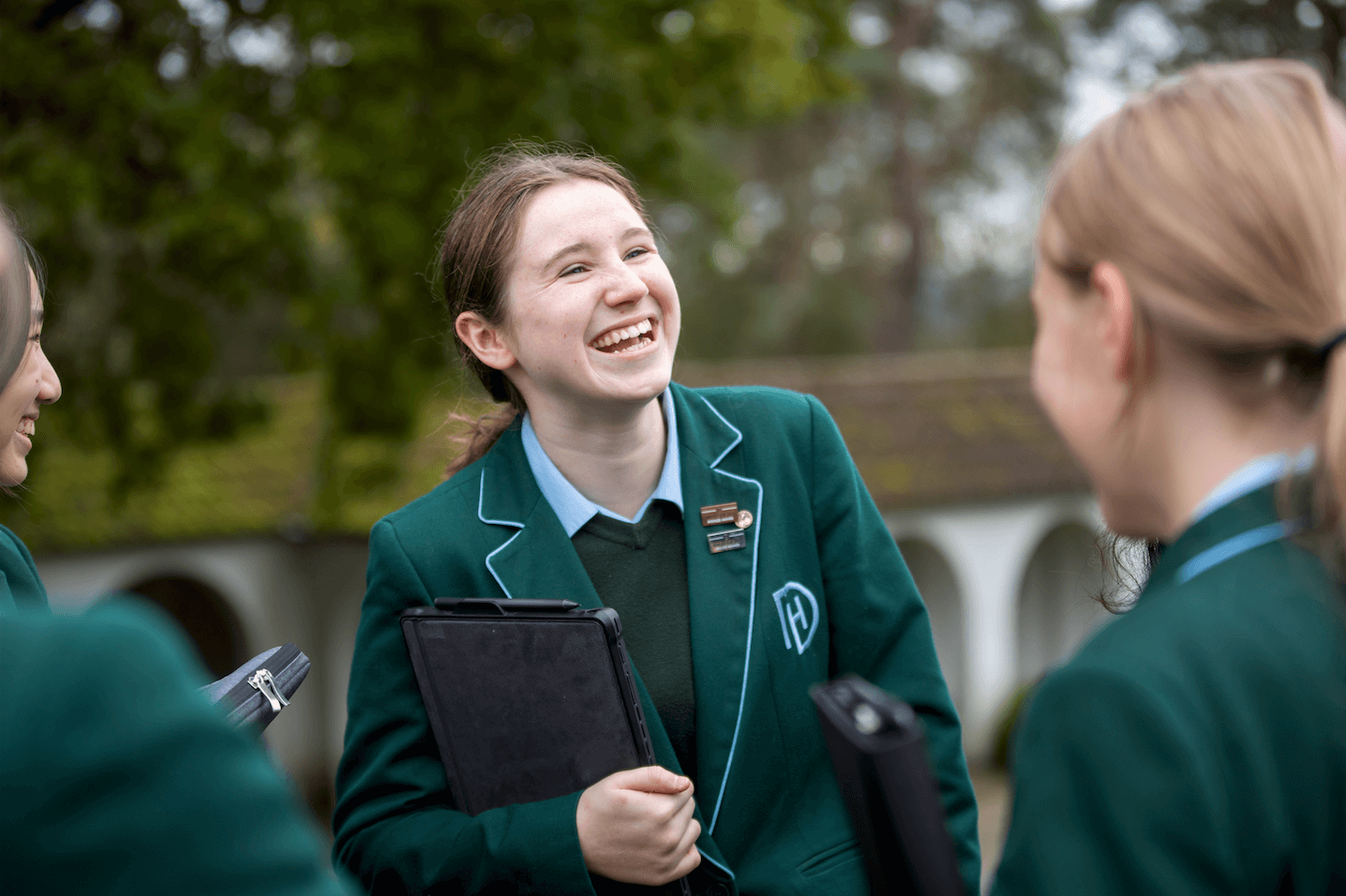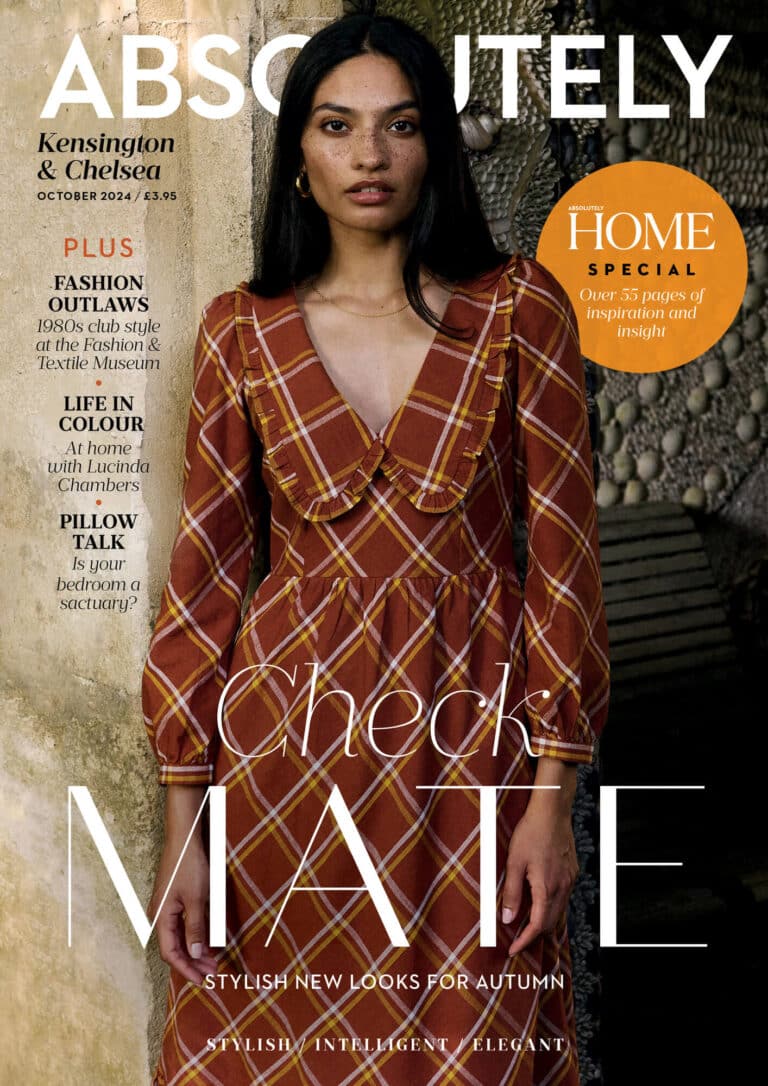The Deputy Head of Downe House School, Matthew Godfrey, writes about helping pupils to speak up and be heard
Good schools have always listened to their pupils. While it is important for teachers to provide leadership, it is also essential that they engage with their pupils and ensure they feel heard and respected. If this does not happen, it is likely that the pupils will lose confidence and interest.
In modern society, partly due to social media, teenagers have also become used to hearing a wider range of opinions and voices and have been able to express themselves more freely. It is important for schools to embrace this change in a positive way, by communicating with their pupils in such a way that they retain their trust, affection and respect. An important part of this process is ensuring that our pupils’ voices are heard, respected and, as appropriate, validated or challenged. All recent research indicates that pupils’ academic and personal progress is maximised when we help them to feel confident, and if they can speak clearly and articulately inside and outside of lessons.

Inside the classroom, helping young people to find their voice means giving them the confidence and the opportunity to contribute to discussions in lessons in a respectful and orderly way. They all need to feel able to raise their hands to ask questions or to add a point of view and to feel confident they will be heard and respected by their peers and their teachers. Outside of the classroom, it means ensuring that all pupils feel able to engage in wider school debates and discussions, and to feel a sense of pride, belonging and security within their school community.
Young people can often feel frustrated and anxious if they feel unable to speak up, or if they feel their voice is in some way unrepresented or unheard. Recently, young people have become increasingly interested in issues relating to the environment, social justice and equality, to name just a few. At our school, we have found that our students are very articulate and passionate when discussing these topics; it is important to enable informed discussions and to help them become used to hearing and accepting differing points of view. We have found that when our younger pupils can see and hear role models from the more senior year groups speaking out on these issues, they will be inspired to find a voice themselves.
One of the most effective ways of ensuring each pupil finds their own voice is to give them time, space and confidence to speak to a trusted adult. That is one of the principal reasons why we have adopted a weekly one-to-one tutorial system across all our age groups. This means that all our pupils, from age 11 to 18, meet at least once a week with their personal tutor. The tutor will monitor their tutees’ pastoral and academic progress, but is also there simply to talk to them and to encourage them to speak up about matters that are of concern to them.
In addition to personal tutoring, Downe House’s unique approach to pastoral care also helps to nurture pupils’ voices, and this in turn maximises their progress. As each pupil progresses through the school, they are navigated through three main sections: they spend their first two years (Years 7 and 8) within one House in the Lower School; they then spend the next three years (Years 9, 10 and 11) in one of our five Upper School Houses; finally, their final two years, as Sixth Formers, is spent in in a specialist Sixth Form House.
Each of these steps will see them nurtured by different staff who specialise in the age range of the pupils in their care; the change also enables each pupil to cement established friendships and to develop new ones, too. Each House runs many different and fun activities – drama, music, sport, and much more. All pupils get involved and there is a good deal of friendly competition between the Houses. The House system is a highly effective way of building pupils’ confidence, friendships and many fond memories. Each House also appoints pupils from its ranks to join the School Council, meaning that everyone’s voice and all ideas can be aired and heard.

Perhaps the most recent successful event in helping pupils to find their voice has been our House Debating Competition. Pupils from each year group are specially trained and supported in preparing speeches on a range of topics which matter to them. All pupils then gather to hear these speeches and to ask questions – and they get to cast a vote for the winning speeches, too. The competition is eagerly anticipated and is a highly effective way of training all our pupils how to prepare and communicate a point of view.
More recently, we organised two highly successful events aimed to get our pupils thinking about topics that lie outside of the conventional academic curriculum: these are the Humanities and STEM symposia. We found that our pupils were able to find their voices and articulate their opinions very confidently when they had the opportunity to focus on topics of personal interest to them and talk to like-minded peers.
Enabling young people to have the confidence to speak up and be heard is a real skill that can be honed and improved over time. We are always looking at ways to train our teachers and our senior students to do this more effectively, and we are all learning all the time. It is always a challenge to find time within our school’s busy schedule to achieve this, but we are determined to do so.









